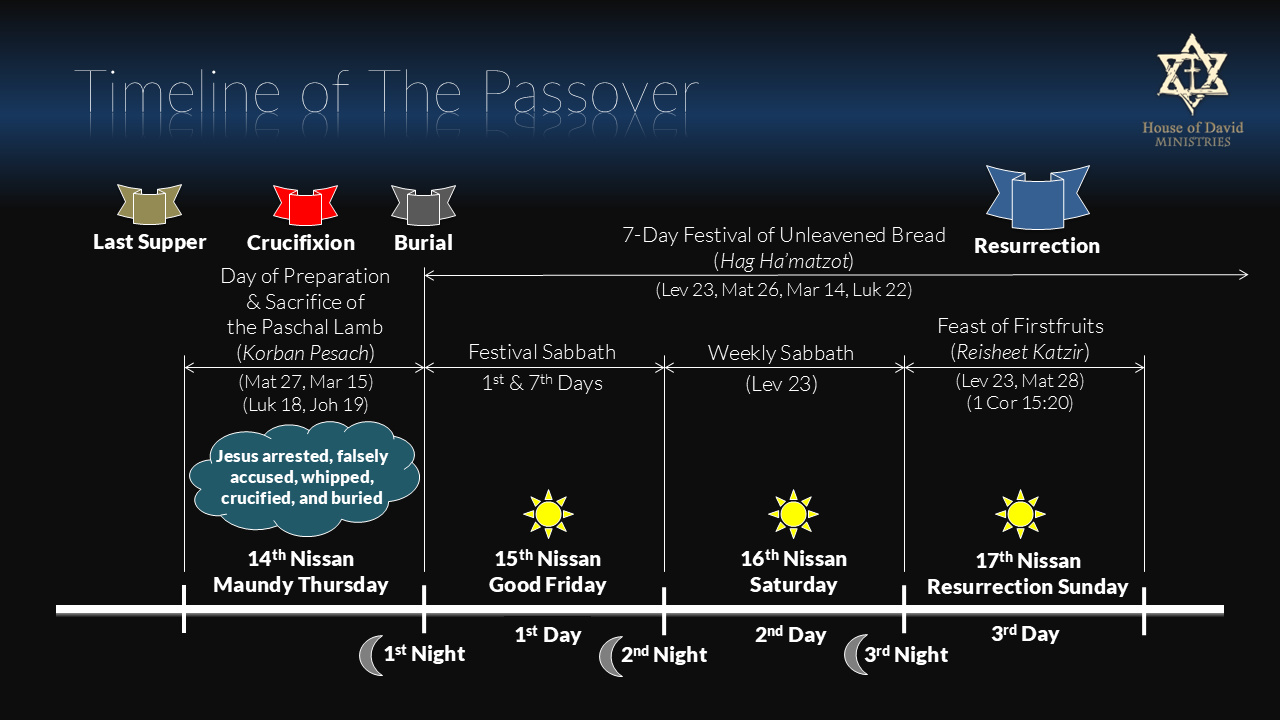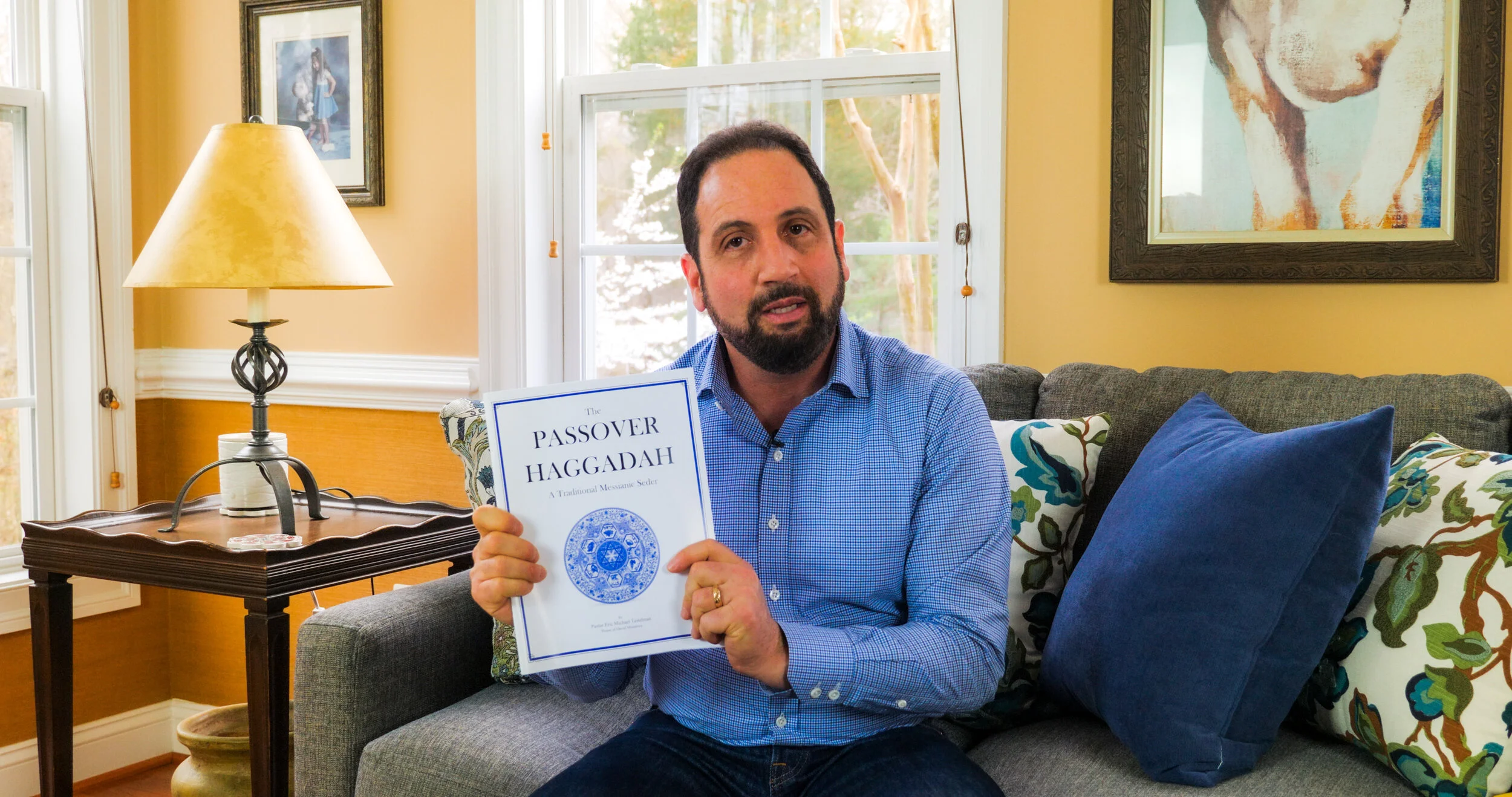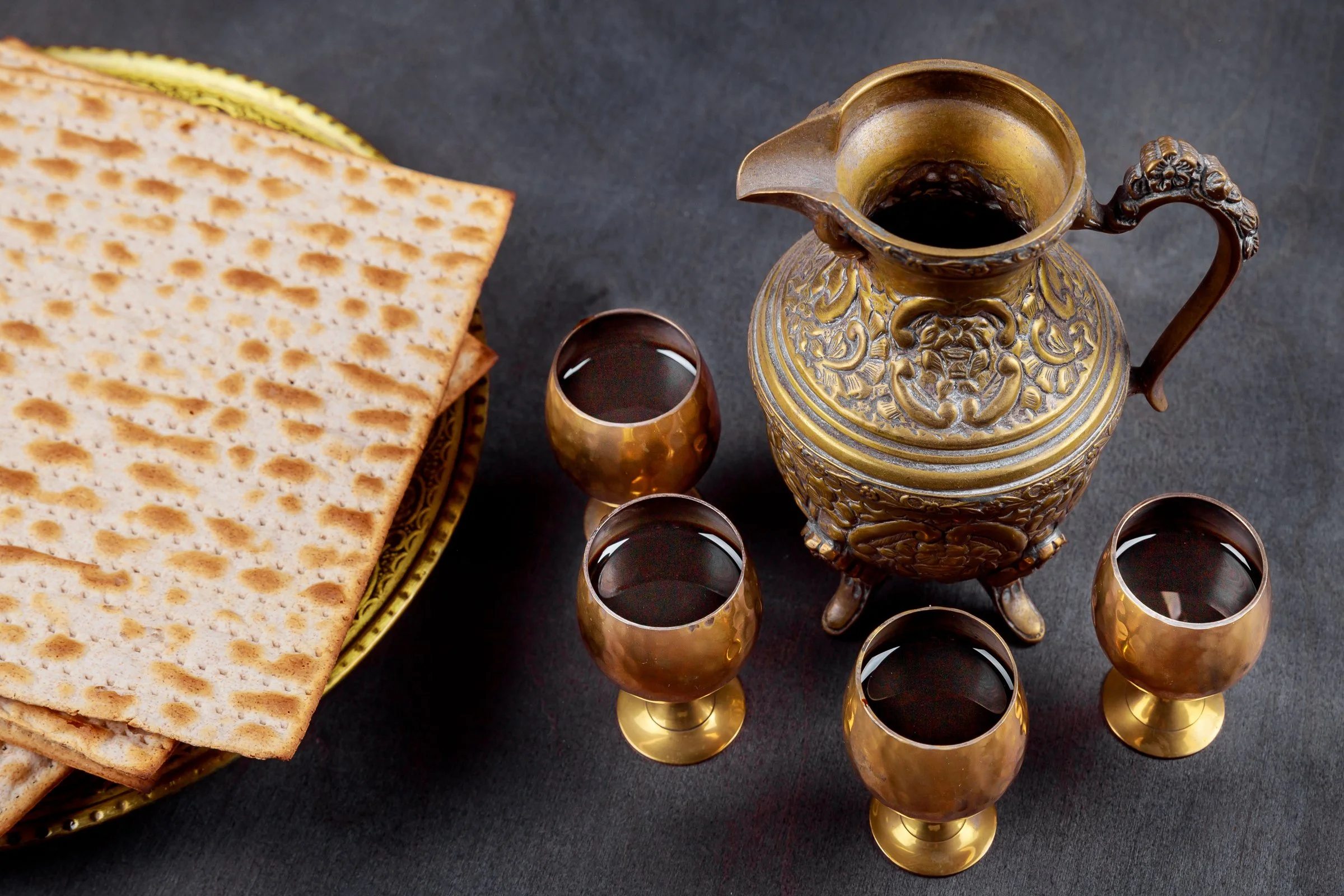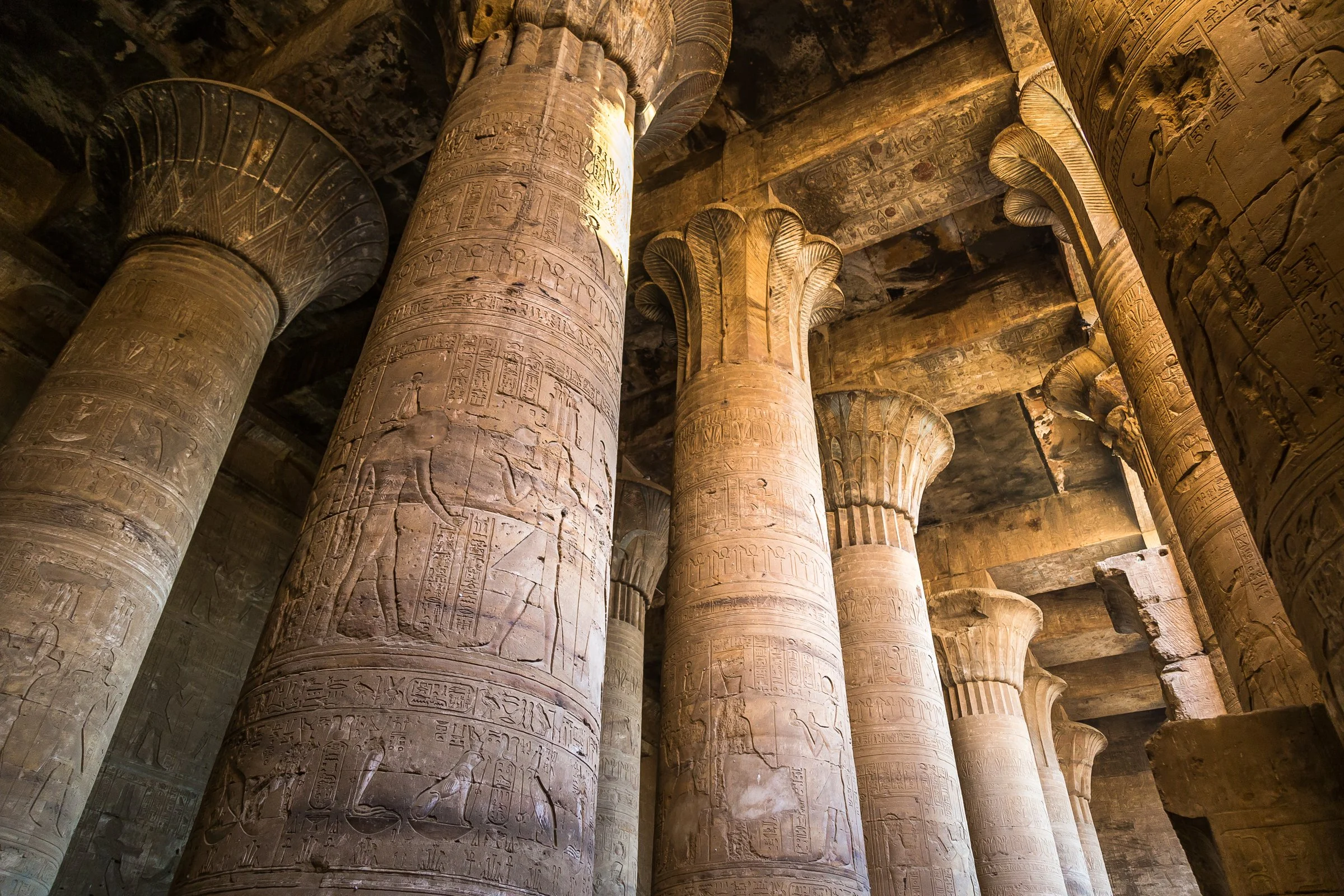“And the Lord spoke to Moses, saying, Speak to the children of Israel, and say to them: The feasts of the Lord, which you shall proclaim to be holy convocations, these are My feasts” (Leviticus 23:1).
These are the eight feasts and celebrations of the Lord, and His holy convocations declared in Leviticus. They belong to Him and point to His first and second advents. Interestingly, the first holy assembly referenced is the Sabbath. The remaining seven festivals are seasonally divided into spring and fall. These include the Passover, Feast of Unleavened Bread, Feast of Firstfruits (Resurrection Sunday), Feast of Weeks (Pentecost), Feast of Trumpets (Jewish Civil New Year), Day of Atonement, and Feast of Tabernacles.








